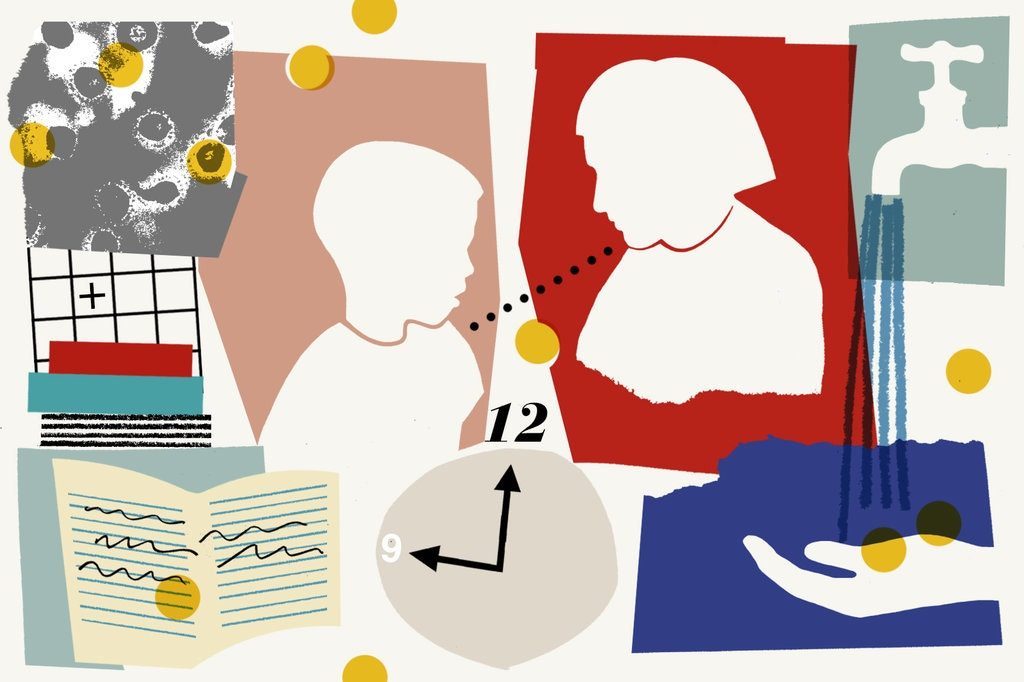By Jessica Grose, The New York Times, Feb. 28, 2020

- Assess what your child knows
- Process your own anxiety first
- Don’t dismiss your child’s fears
- Talk at an age-appropriate level
- Emphasize good hygiene
“By now, your children may have heard about the new coronavirus, whether it’s from a snippet of a news briefing or from other kids at school…..So what should you tell kids about the coronavirus, and how? We spoke to a pediatrician, two psychologists, a pediatric infectious disease specialist and a safety expert for their best tips….”
Click here to read the full article
Other tips for parents and teachers from Dr. Richard Dana:
- We have a responsibility, as well as an opportunity, to assist children in managing their emotions and in helping them process information more effectively.
- We do our best work when we use a developmental perspective.
- Rather than overloading children in grades K-8 with information, teachers and parents should provide reassurance and simple information.
- Limiting exposure to media representations of the threat is essential.
- Behind most children’s questions are emotional needs. They seek understanding, comfort, and reassurance about their immediate safety. Teachers and parents should respond in a supportive manner.
- Reflective listening techniques will help children feel heard and aware that adults are emotionally available to them.
- Our job is to be responsive and supportive of the thoughts and emotions that these challenging times create for children.
(and, thanks to Jen Z. for asking the question)
